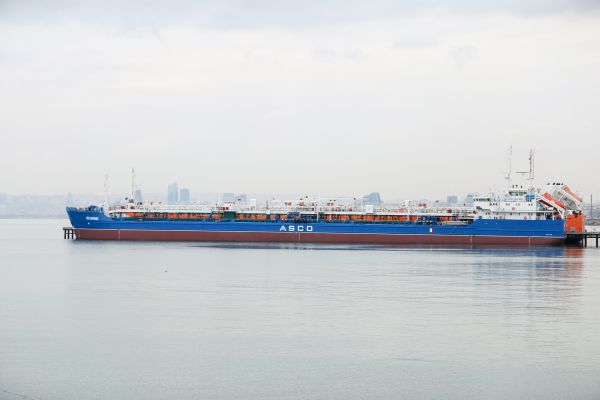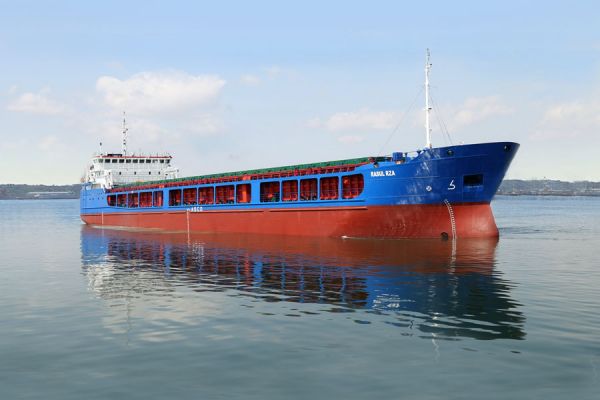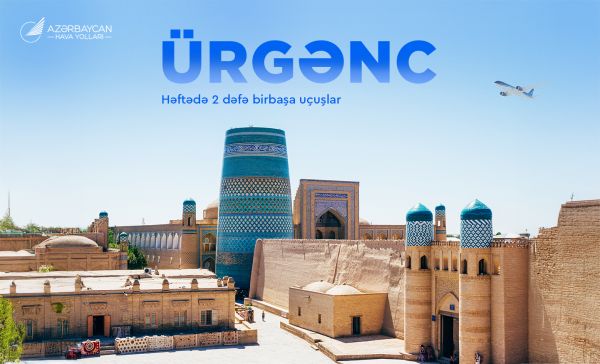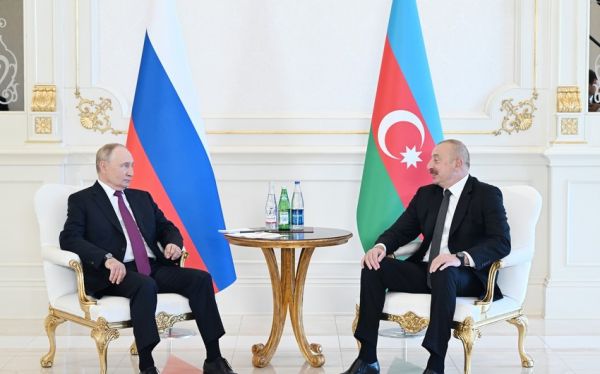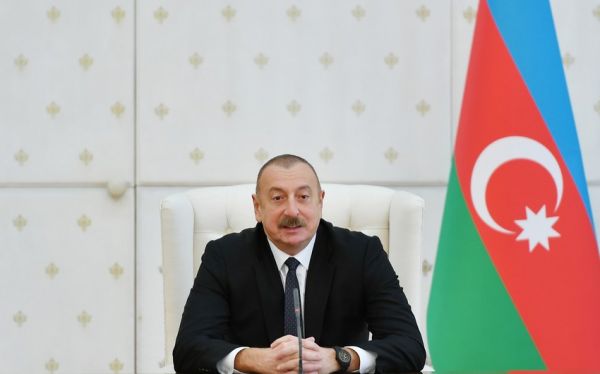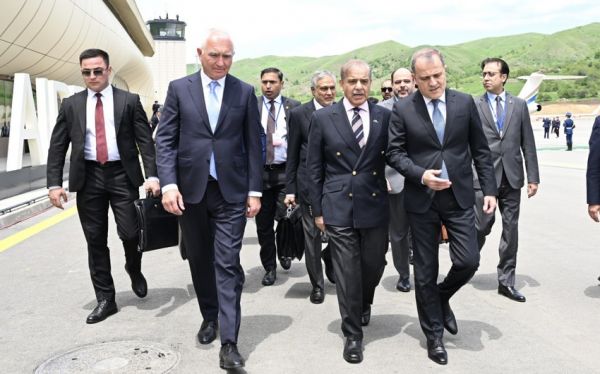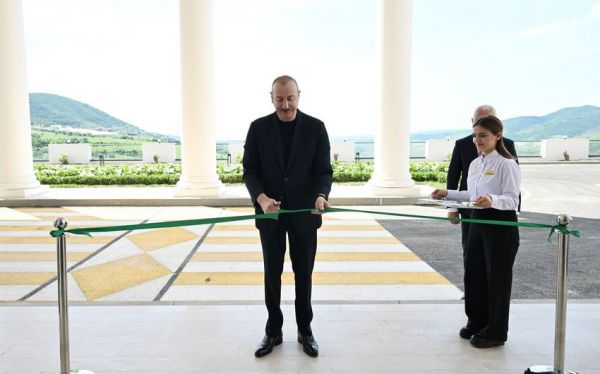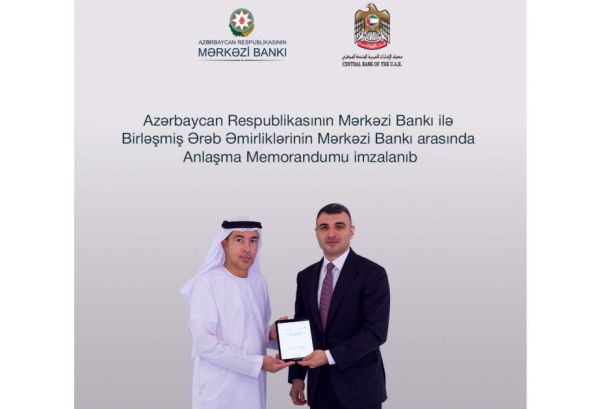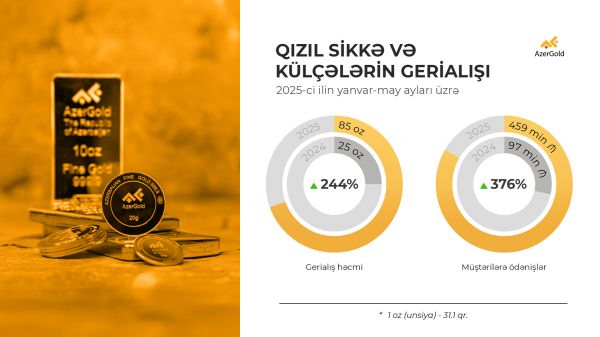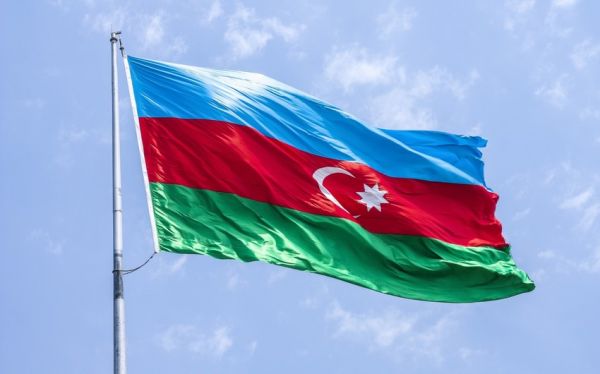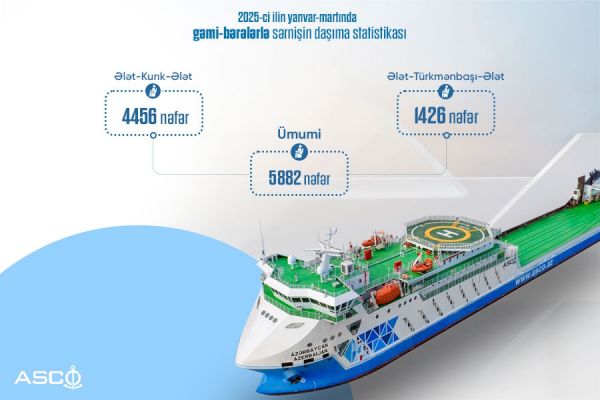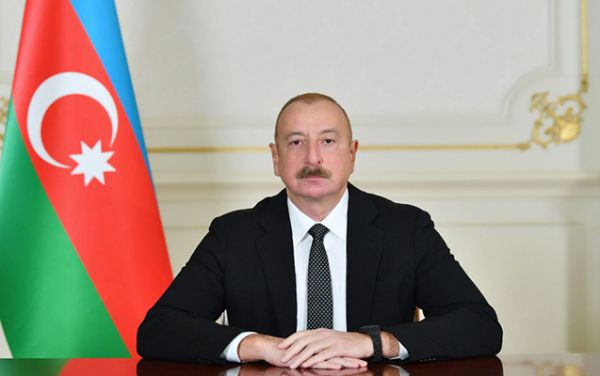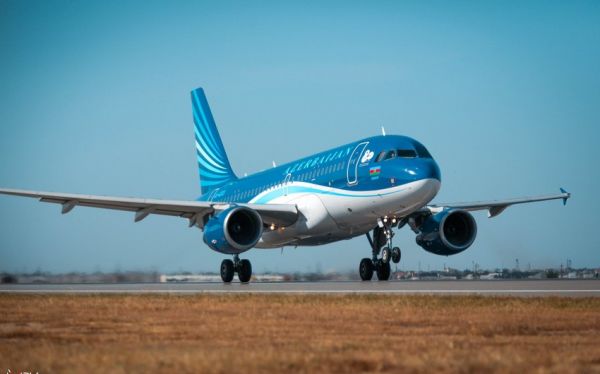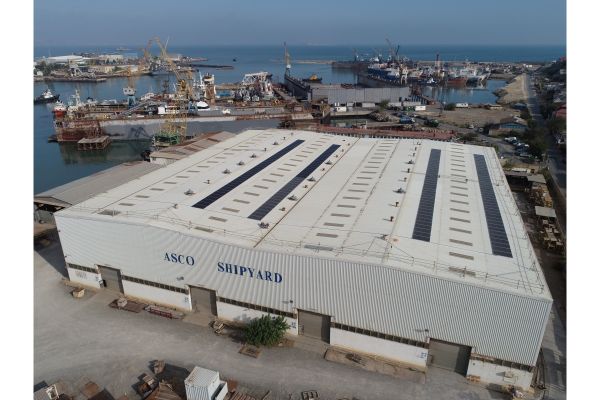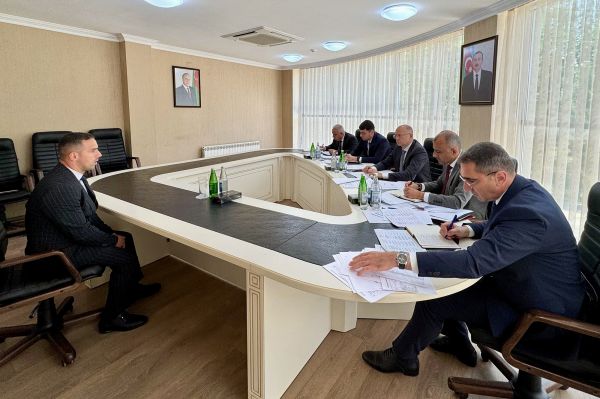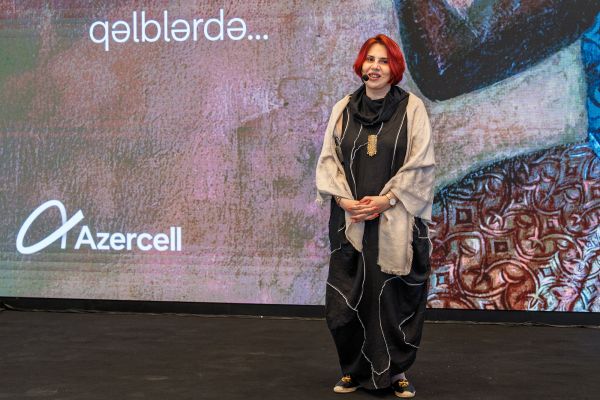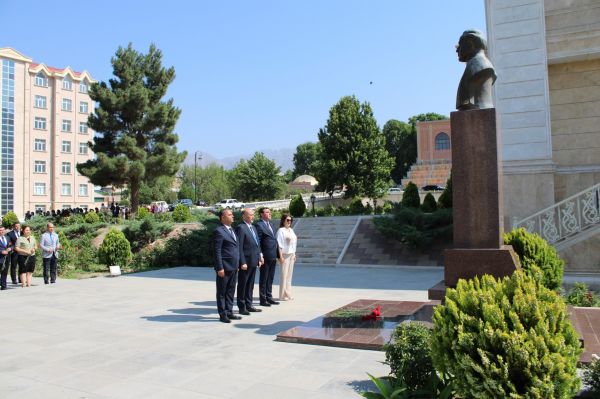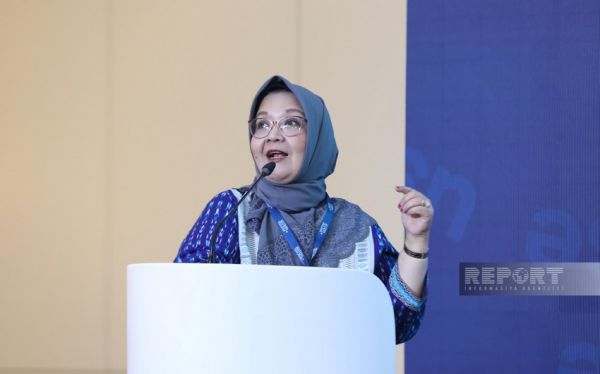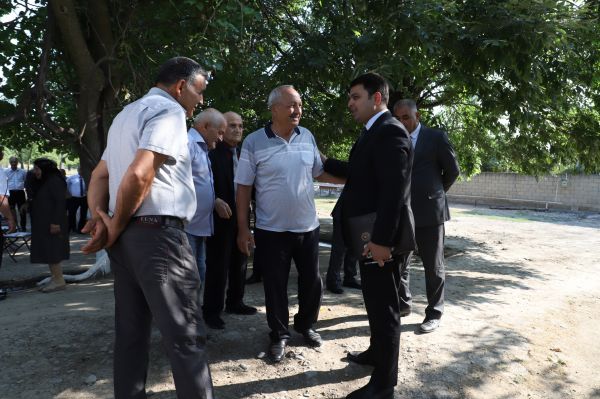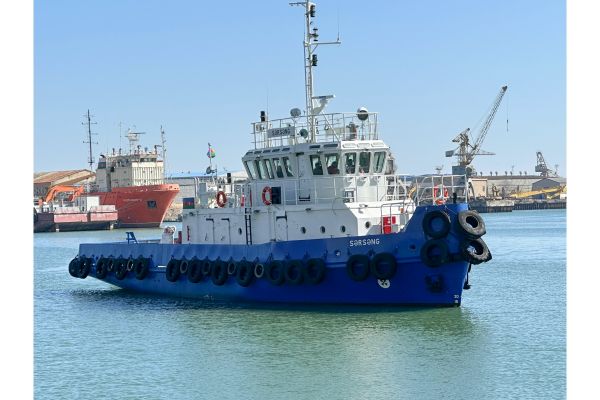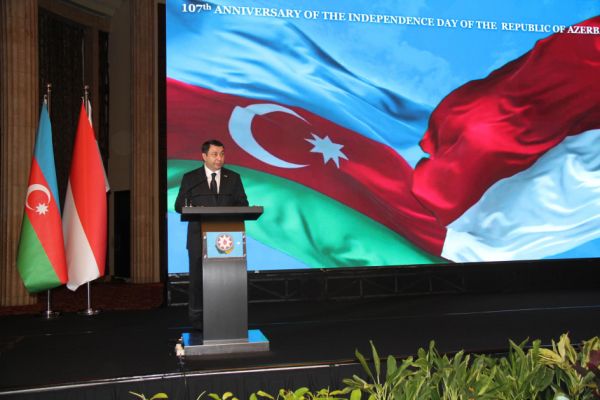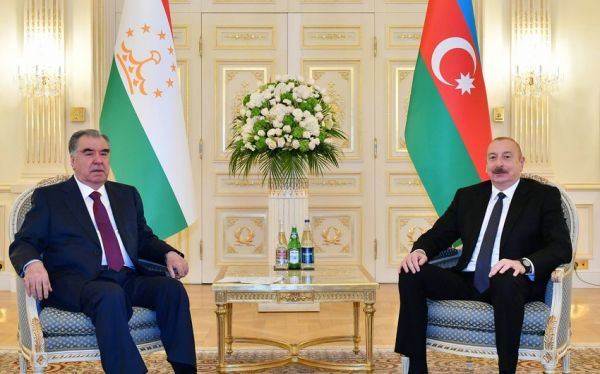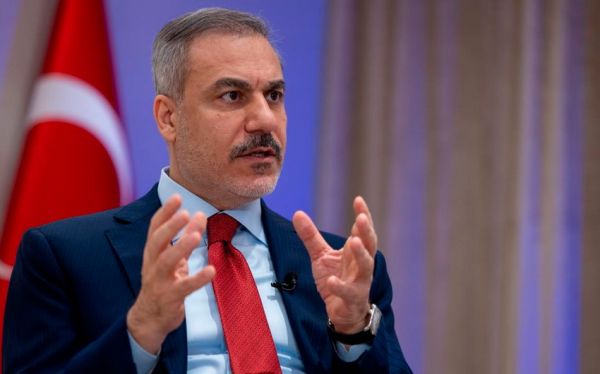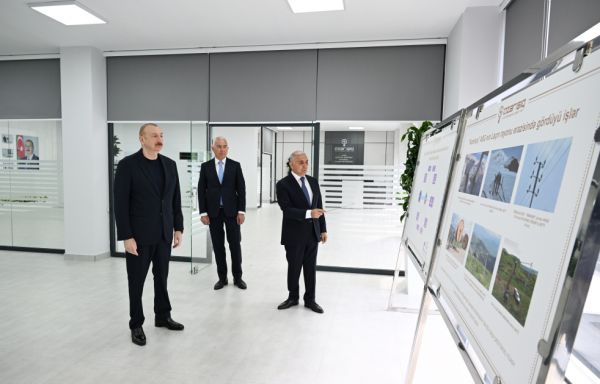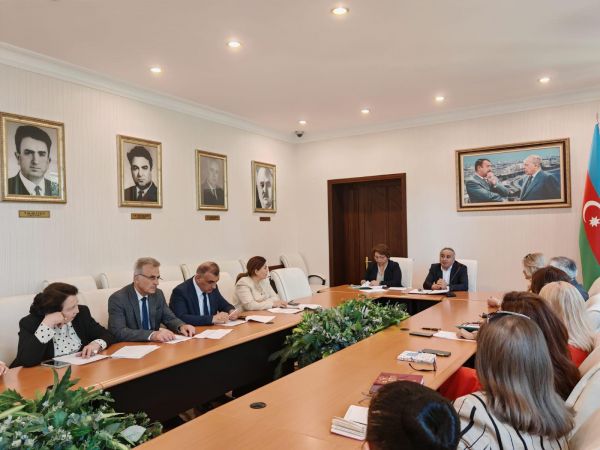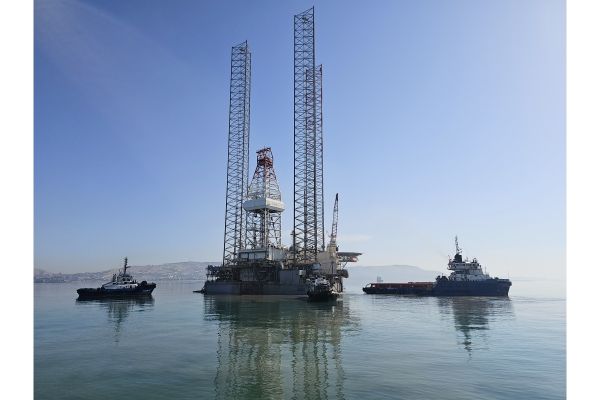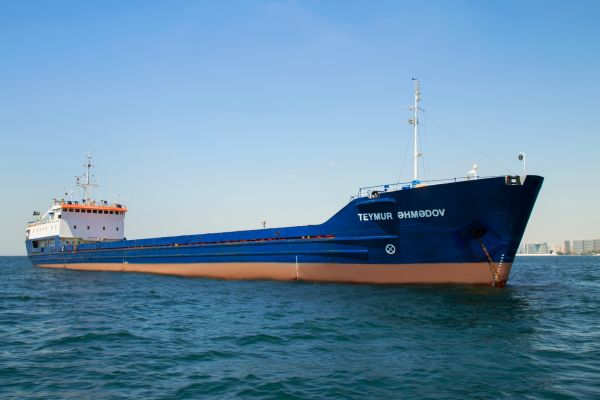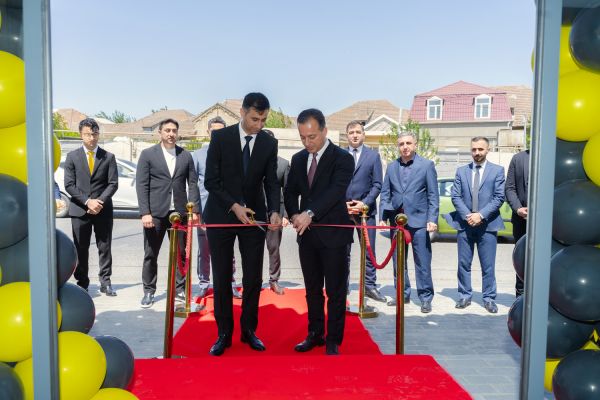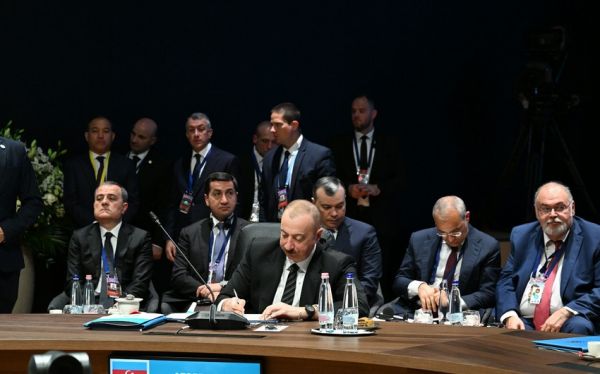Azerbaijan to implement 10 new green energy projects after 2027
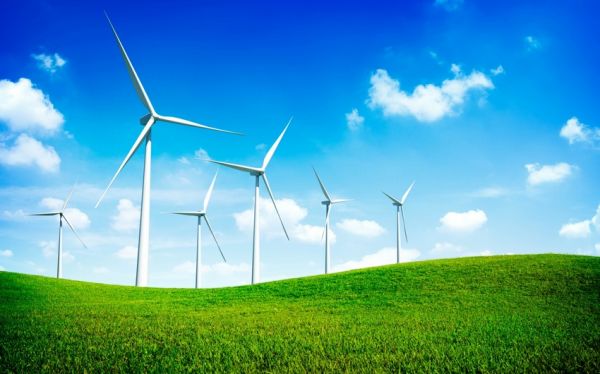
Azerbaijan plans to implement 10 additional green energy projects within the second phase of the three-phase green development, Deputy Minister of Energy Orkhan Zeynalov told NE Global.
"Azerbaijan has embarked on the journey of the green transition. Internally, we have 10 green energy projects by 2027. They will deploy two GW of green energy in next two years – $2.7 billion FDI will be directed," Zeynalov said.
"At the same time in order to balance the grid, to secure the stability of the grid we’re investing in battery storage so we’re planning additional 250 MW of the battery systems to stabilize those new volumes and after 2027 within the phase two of the three-phase development we have additional 10 projects – offshore wind, onshore wind, solar projects, etcetera – so by 2030 we will deploy more than six GW of additional green energy – four GW of that will be exported mainly from the offshore wind farms and here we come to the regional interconnector projects,” Azerbaijan’s Deputy Energy Minister said.
Touching on the project to create the Azerbaijan-Türkiye green energy corridor, Zeynalov noted that the corridor will start from the Nakhchivan Autonomous Republic:
"The feasibility study has just been completed by the Boston Consulting Group (BCG) and the final report has been submitted to the government. It has two components. One component is the green energy zone in Nakhchivan, creating green volumes, mostly solar, because the radiation level is higher in Nakhchivan but there is also some potential for wind energy. The second component is the interconnector to Turkey and for that we have explored four options: 0.5 GW, one GW, 1.5 and three GW of export."
According to Zeynalov, HVDC (high voltage direct current) is being considered, so this issue will be reviewed and considered by the task force between Azerbaijan and Türkiye. "This is also a very important project, and it has two options: One route is direct export from Nakhchivan to Türkiye and the alternative route is from Jabrayil hub in mainland Azerbaijan through the Zangazur to Nakhchivan and then Türkiye. Both options have been explored in the BCG report,” Azerbaijan’s Deputy Energy Minister said.




